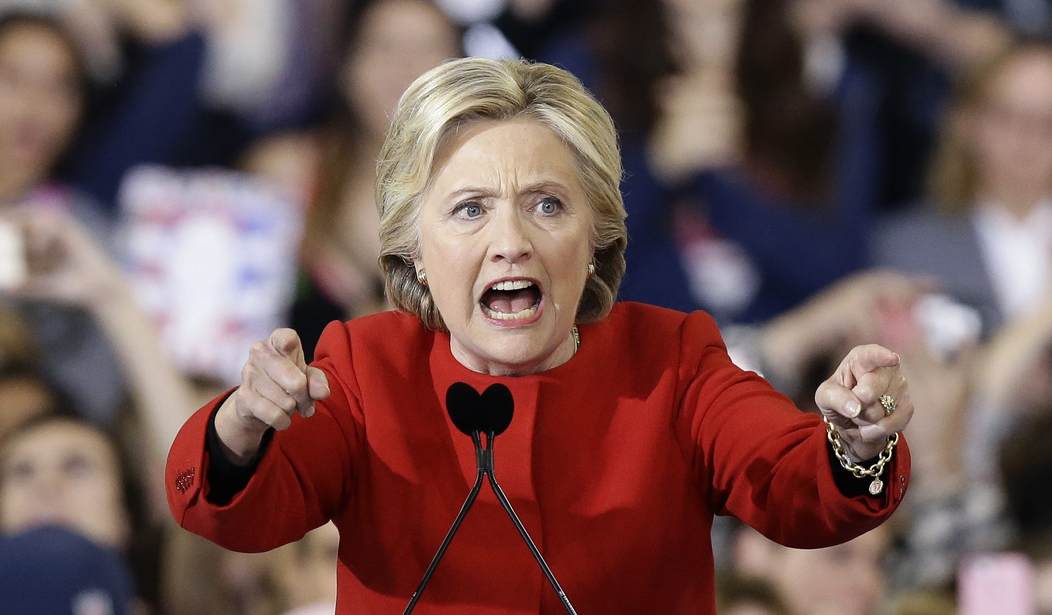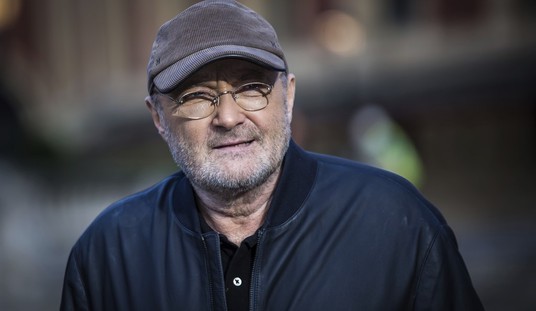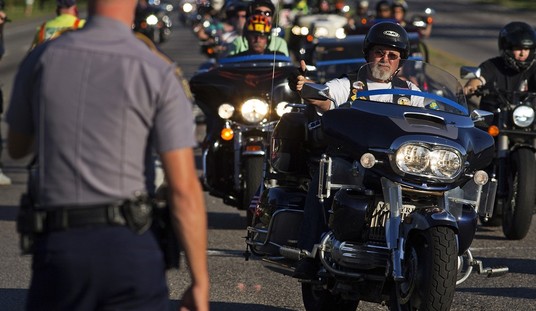More than half the states have laws requiring electors to obey the results of the popular vote in their states and cast their ballots accordingly. The problem of what are known as “faithless electors” has not been much of an issue in American political history, because when an elector refuses to follow the results of a state’s popular vote, the state usually simply throws the ballot away.
The Supreme Court case involves faithless electors in Colorado and Washington who voted during the 2016 election against Hillary Clinton and in favor of John Kasich and Colin Powell.
Instead of voting for Hillary Clinton, who won the popular vote in Colorado, Michael Baca cast his vote for John Kasich, the former Republican governor of Ohio. And in Washington state, where Clinton also won the popular vote, three of the state’s 12 electors voted for Colin Powell, the former secretary of state, instead of Clinton.
Colorado voided the vote for Kasich and found another elector to vote for Clinton. Washington accepted the votes but fined the electors for violating the state law. The electors took it to court.
The 10th Circuit Court of Appeals in Denver reached a different conclusion, however. It said electors can vote for any legitimate candidate.
States are free to choose their electors however they want, the court said, and can even require electors to pledge their loyalty to their political parties. But once the electors are chosen and report in December to cast their votes as members of the electoral college, they are fulfilling a federal function, and a state’s authority has ended.
Now it’s onto the Supreme Court for a final ruling. Does anyone else have a nagging concern that this is the first step toward abolishing the Electoral College completely, thus turning us over to the tyranny of the majority just in time for the 2020 election?
_______
Megan Fox is the author of “Believe Evidence; The Death of Due Process from Salome to #MeToo,” and host of The Fringe podcast. Follow on Twitter @MeganFoxWriter










Join the conversation as a VIP Member